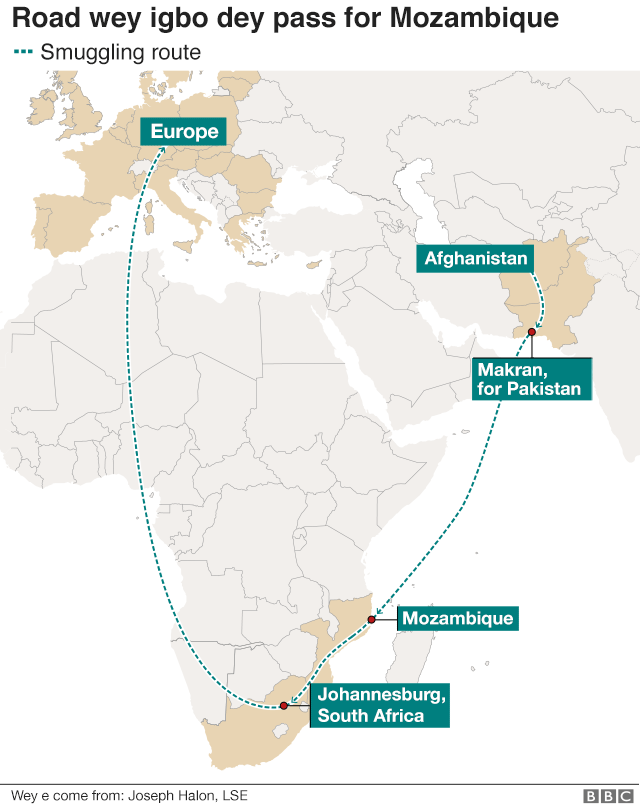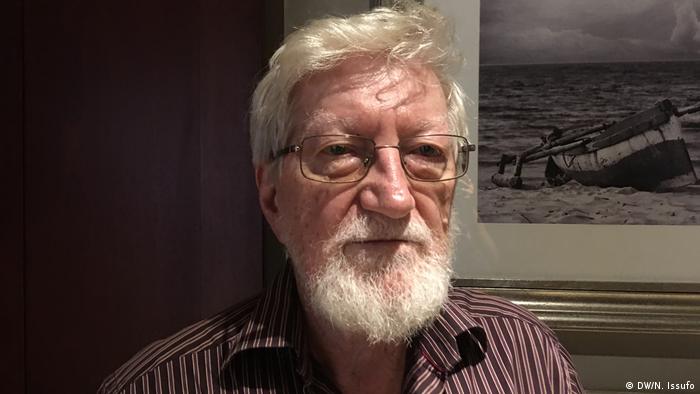 "I am convinced that we are facing a major
operation whose objective is to block the natural gas projects of Cabo
Delgado," writes Jacinto Veloso in Savana Friday (5 June). "We are
confronted with a mega-operation of destabilisation very probably directed by a
competent and powerful hub located somewhere outside the country."
"I am convinced that we are facing a major
operation whose objective is to block the natural gas projects of Cabo
Delgado," writes Jacinto Veloso in Savana Friday (5 June). "We are
confronted with a mega-operation of destabilisation very probably directed by a
competent and powerful hub located somewhere outside the country."
Veloso does not say which competing gas producers are
using Islamic state. The world's 8 biggest natural gas producers (in order) are
USA, Russia, Iran, Qatar, Canada, China, European Union, Norway and Saudi Arabia.
: The 83-year-old Jacinto Veloso has the
standing to be taken seriously on these claims. A Portuguese air force pilot
who flew his plane to Tanzania to join Frelimo in 1963, he was Security
Minister (1980-83) and continued in government until 1994. He is currently a
member of the government's National Defence and Security Council (CNDS). A
minister during the 1982-92 war, he saw big power destabilisation first hand.
He was an important back channel to apartheid South Africa and other security services,
and probably retains some of those links.
And the current oil war between Saudi Arabia, Russia
and the United States is real. The US promoted fracking of shale and became
self-sufficient in oil and gas. There was already over-production and climate
emergency concerns were curbing oil consumption. Russia refused to cut
production and the Saudis hoped that by keeping up production they would
bankrupt US shale producers, who are relatively expensive, and could force
Russia to cut production. But Russia was also responding to US sanctions, which
were partly against its oil. Prices fell from $80 to $20 in two years. Covid-19
has hit the global economy, which has made the issue worse. Gas prices have
also fallen, as they are indirectly linked to oil prices. the oil price war
is also linked to hot wars. The on-going war in Libya can be seen as a proxy
war between Russia, Saudi Arabia, the US and other oil producers.
 Veloso explicitly dismisses the idea that this is an
internal war based on "local discontents", and rejects the views of
journalists and academics (which includes me) who argue this is mainly a
domestic insurgency. Clearly destabilisation by the security services of one of
the major gas producers, using Islamic State, is possible. But it does seem a
stretch to suggest that the security services of any of the gas producers want
to turn Mozambique into another Libya or Afghanistan.
Veloso explicitly dismisses the idea that this is an
internal war based on "local discontents", and rejects the views of
journalists and academics (which includes me) who argue this is mainly a
domestic insurgency. Clearly destabilisation by the security services of one of
the major gas producers, using Islamic State, is possible. But it does seem a
stretch to suggest that the security services of any of the gas producers want
to turn Mozambique into another Libya or Afghanistan.
is not an either-or issue, as Veloso would have
it. Veloso seems to have forgotten one of the key lessons of both of his wars -
that outside intervention gains traction only though local discontents. All
three of Mozambique's wars have been guerrilla wars in which the guerrillas had
outside support, but that local support or at least tolerance was decisive. Frelimo
moved south from Tanzania, with external support, and built on discontent with
Portuguese colonial oppression - and won. Renamo with support of the US and
apartheid South Africa, swept across Zambezia and Nampula because they were at
least tolerated by rural communities who felt they had gained little from
independence and were still poor. And in the north of Mozambique inequality has
increased since then. When writing various books, people we talked to in the
rural north had a common refrain - "my children may go to school, but my
wallet is still empty." And they see an elite whose wallets are not empty
and who appear to be growing fat. The independence war started in Chai, Macomia
district, Cabo Delgado. The new war also started in Macomia district, with
discontent at growing inequality meaning that local people at least tolerate
the insurgents and do not support Frelimo, increasingly seen as new colonisers.
The supreme irony is that in the same place, Frelimo
is fighting the new war in the same way the Portuguese fought the war 50 years,
saying it is foreign backed destabilisation that must be defeated militarily.
It did not work then, and is unlikely to work now. Helicopter gunships shooting
at civilians will not defeat insurgents beheading civilians. Frelimo must win
back the support of local people, and that requires dealing with the grievances
and inequalities - local people must see some locals gains from the gas,
rubies, graphite, heavy sands and other resources.
Even if Veloso is right and this is "mega"
destabilisation by gas companies and security services, they will not be
defeated by mercenaries and foreign soldiers if Frelimo does not resolve the
internal inequalities and grievances. jh
BOTH articles are on the Rand Corporation
blog https://www.rand.org/blog.html in short form.
Editor: Joseph Hanlon
+06.JPG)




0 comentários:
Post a Comment